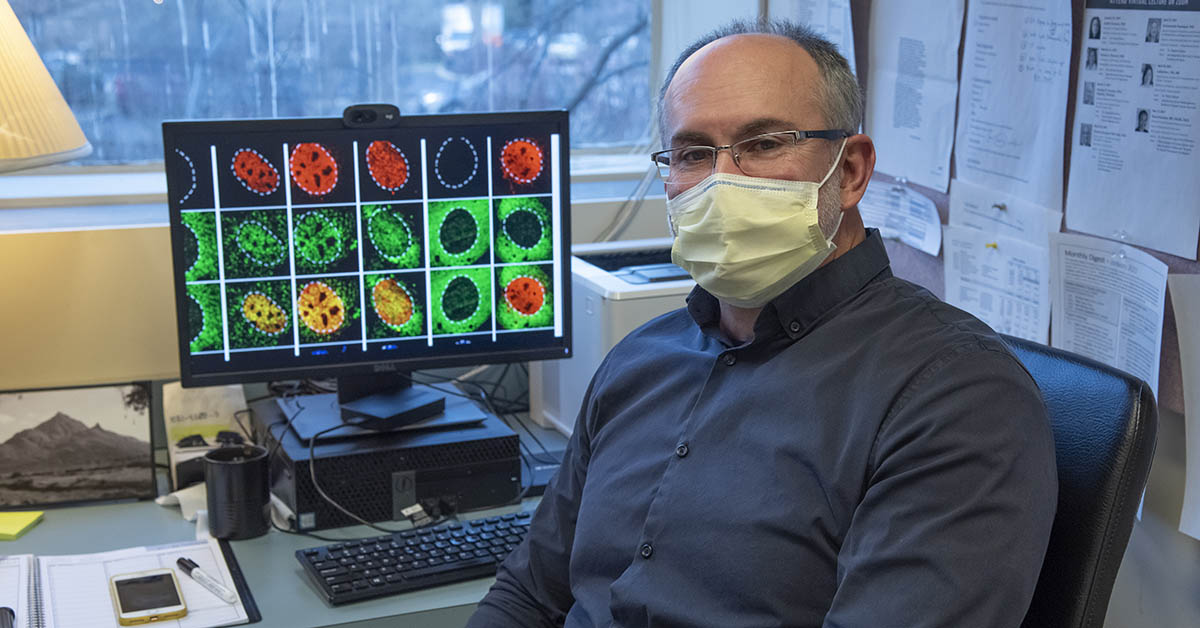
PHILADELPHIA (June 28, 2021) – A Fox Chase Cancer Center researcher has received a grant of approximately half a million dollars from the National Institutes of Health (NIH) to identify disease-causing T cell defects. The work will also involve developing genome editing as an improved and more personalized form of treatment of immune-related diseases.
Grant recipient David Wiest, PhD, Deputy Chief Scientific Officer at Fox Chase, will serve as the co-lead with Jennifer Puck, M.D. and Alex Marson, M.D., Ph.D., on a three-part collaborative study subcontracted by the University of California, San Francisco.
The project will utilize the multidisciplinary expertise of Wiest and his lab to enhance understanding of how human T cells develop and to identify the defective genes that block development of the immune system in children with severe combined immunodeficiency (SCID) and related diseases. SCID is a life-threatening genetic disorder in which infants lack T and B lymphocyte function.
“We hope that this approach paves the way for genome editing of the DNA of the child’s hematopoietic stem cells as a therapy to correct the defective gene and restore the child’s immune system,” said Wiest.
They also hope the study will enable scientists to identify new genes that regulate immune cell development, which may be useful as therapeutic targets in immune-related diseases or even cancer.
Wiest’s work will build on the findings from the second part of the study, led by Alex Marson, M.D., Ph.D, Director of the Gladstone-UCSF Institute of Genomic Immunology, in which researchers will begin to identify what genes and mutations cause T cell insufficiency using CRISPR-based screening. CRISPR is an editing tool used to find and make changes in specific DNA sequences.
Wiest is responsible for overall administration and guidance of functional analysis of genes in zebrafish, a process which will validate the findings on which genes are essential for proper T cell development. He and his team will study variants found by deep sequencing of the genomes of patients with immune system defects to determine if the variants prevent the genes from directing T cell maturation and validated by the aforementioned CRISPR-based screening.
Zebrafish are an increasingly popular organism used in research on human diseases. More than two-thirds of human genes can be found in the genetic makeup of zebrafish. The research will focus on re-expressing the human genes in the zebrafish to see if this can prevent developmental stunting when the essential genes in the zebrafish are lost.
The three-part project’s use of a varied approaches, including screening of newborns, whole genome sequencing, genomic analysis and functional tests in zebrafish increases the team’s confidence that their findings accurately describe the genetic pathways required for T cells to develop from blood-forming stem cells. The ultimate goal, Wiest said, is improving how patients with immune disorders receive treatment.
eive treatment.